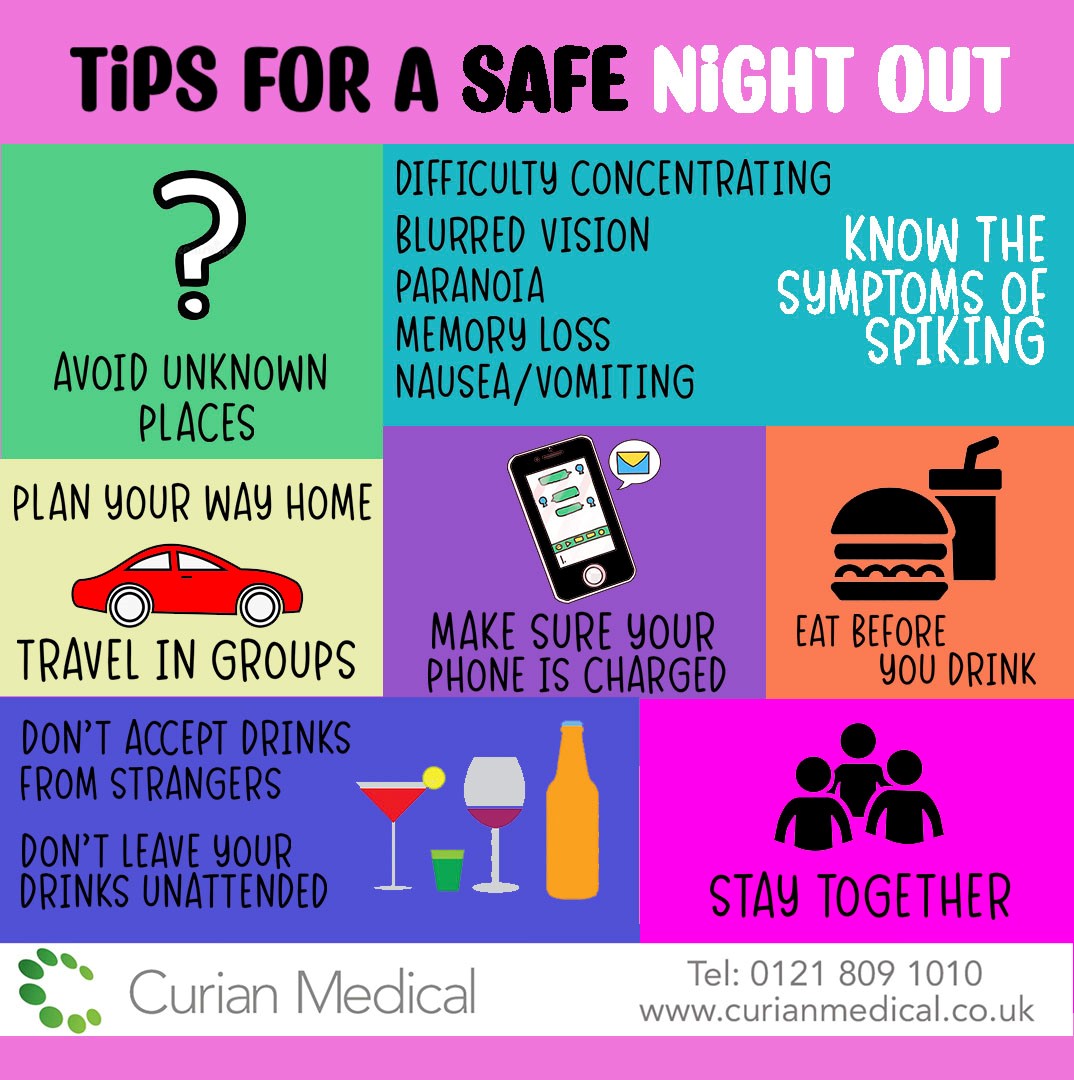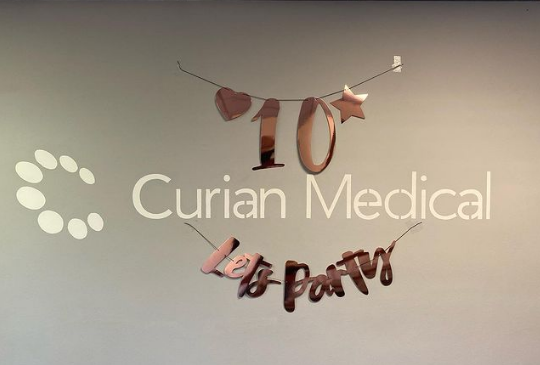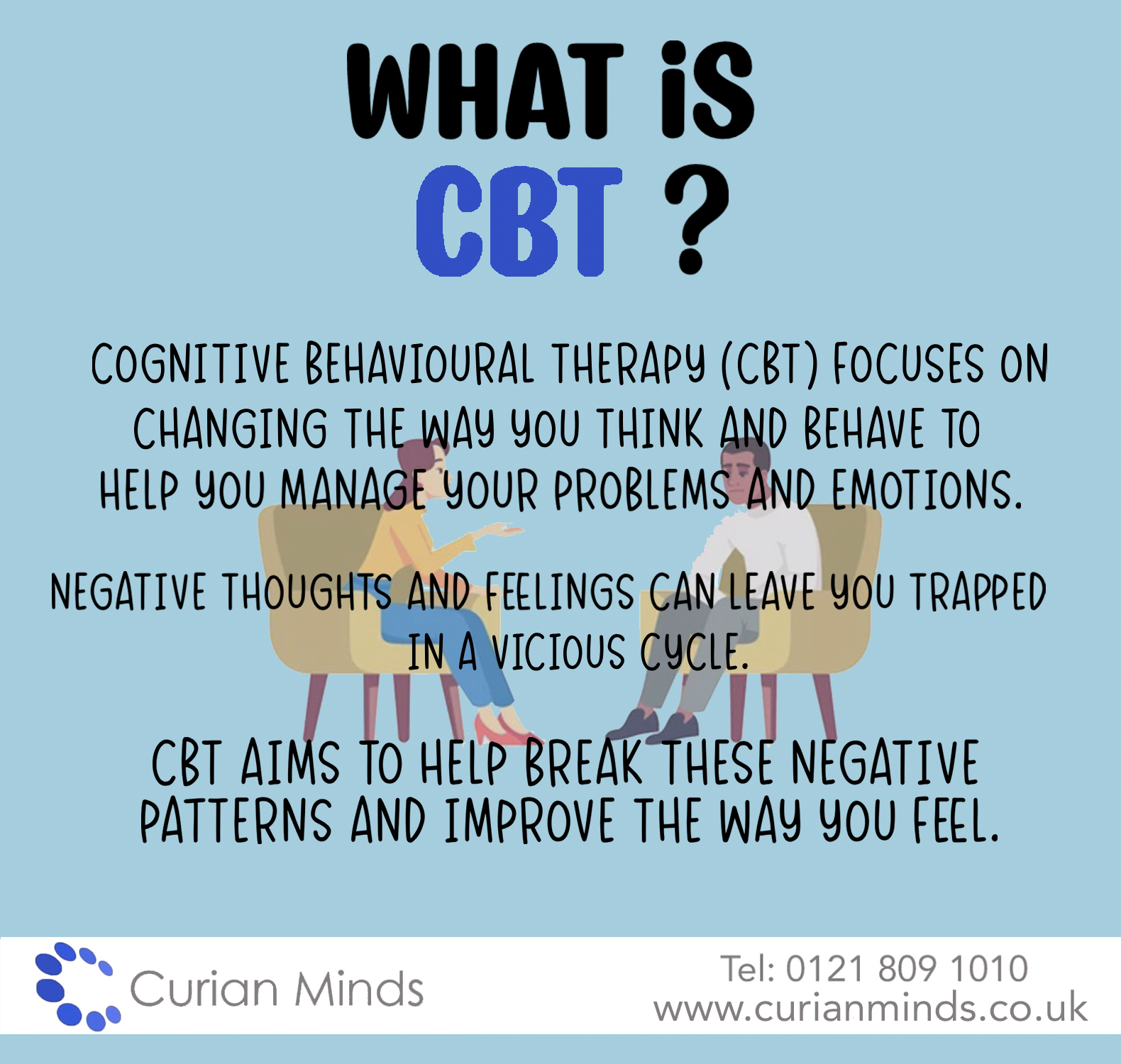
Staying safe on a night out
Charge your phone
Ensure your phone has enough battery to last you throughout the night. This will allow you to keep in contact with the friends you’re out with, or emergency contacts.
Making your way back
Most people tend to get a taxi back home, if you plan to do this ensure you’re getting into the right vehicle. You can do this by asking who the taxi is for, or nowadays taxi companies tend to send you a text with the vehicle information such as the registration plate.
Personal alarm
As well as physical alarms that give off a loud sound when you’re in danger, there are many apps you can download which can be used as an extra precaution. Feel free to read more about these apps on their website – Hollie Guard, One Scream & bSafe.
Stay in well-lit areas & in travel in numbers
People are less likely to commit a crime if: you’re in a well-lit area, there is CCTV, there are people around you. If you plan on walking home – walk on the side of oncoming traffic, this way you can see if a car is stopping nearby.
Going home with someone
If you wish to go home with someone who you may not know so well, always make friends and family aware of who you’re going with and where you’re going. Not everyone is as they seem, be wary of putting your trust with someone you do not know.
Keep emergency money
At the end of the night, you should always have enough money to get you home if need be. Even if you had planned a lift from a designated driver, nights don’t always go to plan. Have enough to get a licensed taxi or public transport if you have to.
Don’t be a hero
Always put yourself first, it is not worth putting yourself at risk. If a situation rises such as a fight, at most, be an active bystander. Pay attention to what is happening, decide what course of action is best then, act responsibly. Every case is different, if you’re inside a venue it may be best alerting staff members or security guards – otherwise the police if necessary.
Drink in moderation & watch your drink
Never accept a drink from a stranger, you have no idea what you’ll be drinking. Eat before you go out, this will slow down the absorption of alcohol in your body. Sip on water throughout the night, many venues will offer a glass of water for free. If you need to leave your drink, always ask a trusted friend to watch your drink – never finish an unattended drink.
Drink Spiking
Drinks that have been spiked may not always be noticeable, it is unlikely that you will realise a change in taste, smell or appearance. Every year, hundreds of people are thought to be victims of drink spiking in the UK. Date rape drugs are used to spike before a sexual assault, often these offences are unreported as the victim is too embarrassed or they simply cannot remember.
What substances are often used to spike drinks?
Alcohol is most commonly used to spike drinks. Drugs that are used for spiking drinks is usually referred to as “date rape drugs”. Other drugs that have been reported are:
- gamma-hydroxybutyrate (GHB) and gamma-butyrolactone (GBL)
- tranquillisers, benzodiazepines, Valium (diazepam) and Rohypnol
- ketamine
How to know if you have been spiked?
Majority of drugs when mixed with alcohol become dangerous and potentially fatal as they combine to give an anaesthetic-like effect. They come in many forms such as liquid, powder or tablet form.
It takes around 15-30 minutes for most of these drugs to kick in, symptoms can last up to several hours. This can include:
- difficulty concentrating or speaking
- nausea and vomiting
- paranoia
- memory loss
- blurred vision
- loss of balance or difficulty moving
- hallucination or out of body experiences
- unconsciousness
What to do if you have been spiked?
If you believe your drink has been spiked on a night out, tell someone you trust immediately. If you’re in danger or need urgent help, call 999.
If you have been physically assaulted or robbed after being spiked, you should report this to the police. They will request details on the attacker(s) such as:
- what they looked like
- what happened during the attack
- if you knew them
- what was taken
If you have been sexually assaulted after being spiked it is vital you seek medical attention as soon as possible. You will be tested for STIs and if you’re a woman, pregnancy. You will not be forced to report this to the police if you do not want to. Any forensic evidence that is obtained during these tests can be stored whilst you decide whether you wish to report the attack to the police.
Helplines
Rape Crisis England & Wales
https://rapecrisis.org.uk/get-help/
National telephone helpline (for women & girls aged 13+): 0808 802 9999 (every day from 12pm to 2:30pm and 7pm to 9:30pm)
Live chat emotional support (for women & girls 16+): https://rapecrisis.org.uk/get-help/live-chat-helpline/about-the-live-chat-helpline/
National Male Survivor Helpline and Online Support Service: Operated by Safeline. A dedicated service for adults and children who identify as male in England and Wales affected by rape or sexual abuse and those that support them such as friends and family.
Phone: 0808 800 5005 (Monday, Wednesday and Friday from 9am to 5pm, Tuesday and Thursday from 8am to 8pm and Saturday from 10am to 2pm)
Text: 07860 065 187 (Same opening hours as the telephone service)
Live chat: https://www.safeline.org.uk/contact-us/
Victim Support: A charity that provides 24-hour free and confidential support to people affected by crime or traumatic events.
www.victimsupport.org.uk (includes live chat)
www.mysupportspace.org.uk (online self-support guides)
Phone: 0808 1689 111 (24 hours a day, 7 days a week)










